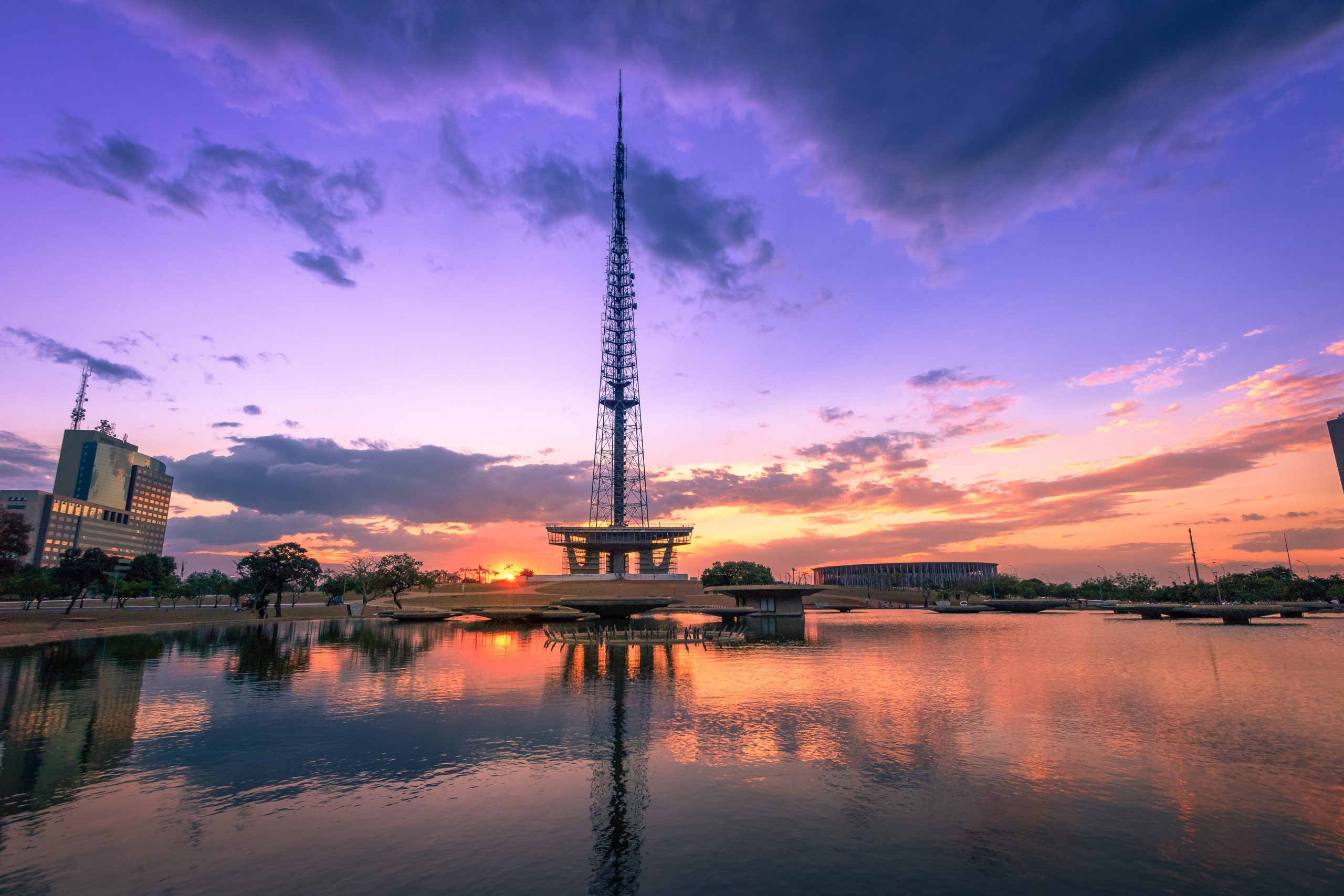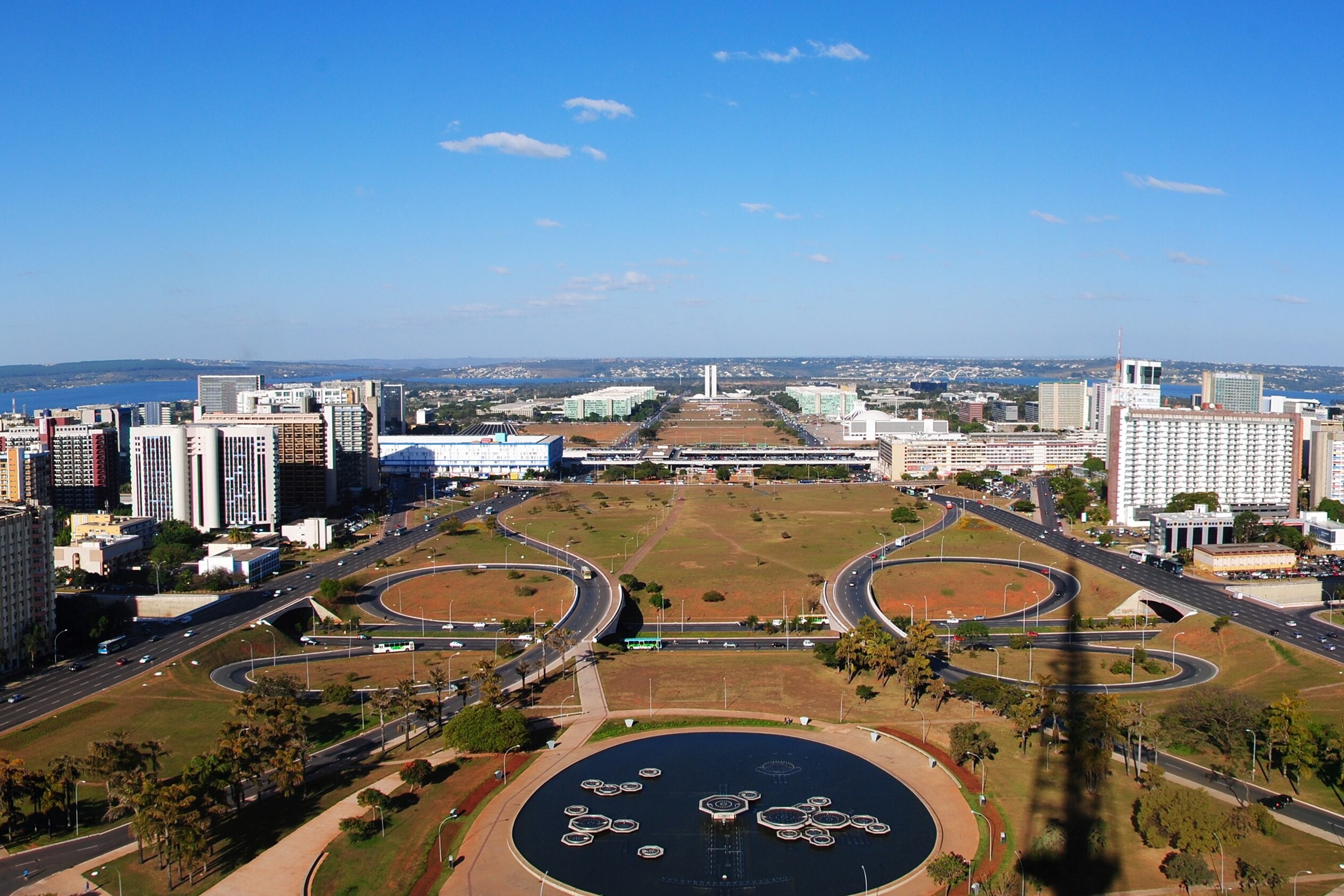A new dossier on censorship at public broadcaster Empresa Brasil de Comunicação (EBC) relays the stark outcomes of the dismantling of public media in Brazil.
The Third Dossier on Censorship and Governance at EBC [PDF – Portuguese] was released on 5 October by local groups, including EBC Employees Commission, EBC Citizen Ombudsman, the National Federation of Journalists, and Unions of Federal District Journalists and Radio Broadcasters. The dossier compiled anonymous reports from EBC employees detailing 161 cases of censorship between August 2020 and July 2021. There were also 89 cases of content created to exclusively reflect the views of the government.
Reported censorship includes cuts to suggested agendas, removal of quotes and context from stories, screening of “delicate” or “controversial” topics such as human rights and the environment, ceasing all agenda meetings at Agência Brasil, changing leads to adhere to “expected tone”, and the “horrendous and fierce persecution” for those who questioned authority. Censorship also extended to LGBTQIA+ rights, violence against women and gender inequality, and indigenous peoples.
Most prominently, the dossier reported 124 instances of photographs, posts, art, programmes, or materials not being published, with the remainders being published with drastic edits or cuts.
The third dossier also reveals a marked increase of censorship cases from the first and second editions. The first dossier, released in August 2018 under the Michel Temer government, recorded 61 cases while the second dossier released in September 2020 recorded 138 cases. In the current edition, it is noted that the cases increased gradually over the surveyed period, from three cases in August 2020 to 45 cases in June 2021.
“The censorship on the EBC has truly compromised good journalism,” the dossier said.
Further, TV Brasil was identified as the part of EBC that suffered the most censorship with 89 cases (53.3%), followed by Agência Brasil (43 cases; 25.7%) and its radio services (33 cases; 19.8%). Social media managers were also subjected to at least two cases of censorship.
Meanwhile, the most affected news areas were health (35 cases; 21.3%), human rights (41 cases; 25%), general news (30 cases, 18.3%), and politics (20 cases; 12.2%).
The dossier was released amidst news that EBC would be included by the COVID-19 CPI – a parliamentary commission established to investigate the government’s response to the pandemic – in its final report as having engaged in “institutional misinformation”. UOL Economia reports that Renan Calheiros, Rapporteur of the CPI, will say the public agency “disseminated false news about the pandemic”. The CPI has already found that the government’s response to COVID-19 has been inept and even pose a danger to public health.
EBC has undergone significant dismantling under President Jair Bolsonaro, whose government is quickly transforming the public broadcaster into a mouthpiece of the state. EBC is also facing the threat of privatisation alongside its growing censorship crisis. The “unrestricted and uncritical support” for Bolsonaro was emphasised in the dossier.
“Several teams, from different vehicles in the house, reported … that their respective heads remained fierce in the mission to dismantle any articulation that allowed critical analysis of the content produced,” the dossier said. “With the country and the world in upheaval, the focus should be on matters that would help to contextualise the pandemic…It’s news like these that give the basis to understand the national situation.”
Wider media attacks
Meanwhile, media workers throughout Brazil continue to face attacks. Most recently, a report from Reporters Without Borders and the Rio de Janeiro Institute for Technology and Society (ITS-Rio) highlighted the harassment journalists face online. The study found that Twitter was the platform most used to attack journalists and the media. The platform featured half a million tweets with offensive hashtags against the press. This alarming number of tweets was recorded in just three months and approximately 20% came from suspected bot accounts, the study found. It also found that women journalists and media groups considered critical of the government were the main targets of attacks.
Read more: Survey analyses tweets attacking Brazil’s media
“Social media has become hostile territory for the press. Daily, there is information on assaults – which mainly consist of attacks on morality, abuse, and insults – and which are aimed at [destabilizing] and [discrediting] journalists and the media. Massive smear campaigns have turned social media into minefields for some journalists and pose a threat to freedom of expression,” the study noted.
In recent years, Brazilian journalists have also endured physical violence, but the attacks have heightened since the onset of the pandemic. RSF reported that there were 580 attacks against the media in 2020. Journalists have even been murdered. And President Bolsonaro was named as a press freedom predator for his “aggressive and crude rhetoric about the media [that] reached new heights since the start of the pandemic”. It is this very rhetoric that has emboldened media attacks from even members of the public.
The Public Media Alliance deplores the ongoing attacks on public media and independent media in Brazil. We maintain that an independent and effective media sector – free to report without fear and censorship – is necessary to support informed democracy, especially during a global pandemic. PMA will continue to monitor and report on developments in Brazil.
Header Image: Brasilia TV Tower at sunset – Brasilia, Distrito Federal, Brazil. Credit: diegograndi/istock
Related Posts
7th July 2021
Brazil: Public media privatisation accelerates as censorship grows
Reports of heightened censorship and…
20th January 2021
‘Citizens’ ombudsman’ pushes back against the ruin of Brazilian public media
PMA welcomes the creation of Ouvidoria…

